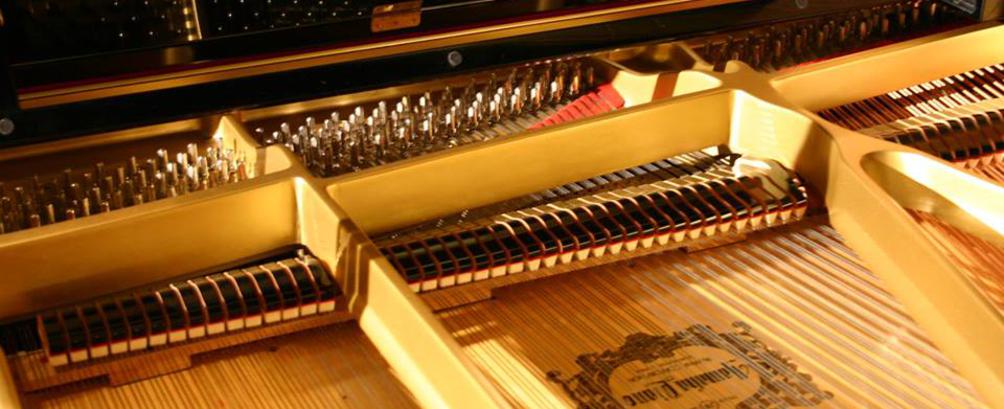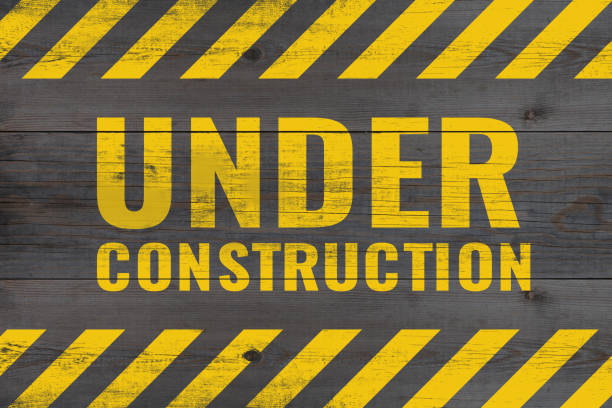Welcome to Dye's Piano Service, the experts since 2007 in piano tuning, repairs, regulation and voicing, climate control installation, evaluations and appraisals to homes, concert halls, churches, schools, and others in Frederick, MD, Washington, D.C., Baltimore, MD, Northern Virginia, Eastern Panhandle of West Virginia and other surrounding areas.
They say quality has a price, and here at Dye's Piano Tuning, you get superb quality piano tuning, repair, regulation, voicing, appraisals and evaluations at competitive rates. We deliver top-notch services that are prompt and effective. We provide courteous, professional piano tuning Mid-Maryland and Washington DC clients have loved over the years.
Our Goal
Here at Dye's Piano Tuning, our goal is to be the most preferred piano tuning Frederick MD residents turn to for all their piano servicing needs. We also aim to be the piano repair Washington DC clients trust for their repairs, regulation and voicing needs.
Areas Served
We provide outstanding piano tuning, repairs and other services to clients in Frederick, MD, Washington D.C., Baltimore, MD, Northern Virginia, and the Eastern Panhandle of West Virginia.
Schedules
We are open for service scheduling requests seven days a week. We also have weekend and evening times available to better suit your busy schedule. Calls us today or leave us a message and we'll be sure to get back to you as soon as possible.
FAQs
Q: How often should I tune my piano?
A: A new piano needs to be tuned about 4 times in the first year to get the piano to be more stable. After that and depending on the environment, it should be tuned every 6 months. If the piano has been moved, it should have a few days to adjust to the new environment and then be tuned. The minimum for a piano that is not played often but in a stable environment is 1 tuning a year. If you feel the need for more tuning or notice that your piano needs servicing often, it may need a climate control system installed.
Q: I have a sticking key. How much will it cost to repair it?
A: If the key can make a sound it can be a simple matter to address and it can be fixed as part of your regular service. If it doesn't play at all, there may be some broken parts or some large adjustments that will need to be made. If this is the case, you will be charged for labor and the parts and it should not be too costly unless it is a large scale problem in the working parts of the action. An estimate can be given as part of a regular service.
Q: I was given an old piano from a family member. Is it worth fixing up?
A: First you have to define what needs to be fixed and how much you are willing to invest. Most pianos can be brought to playing condition at a reasonable cost. A full restoration is usually only recommended for fine quality instruments and sometimes for a treasured family heirloom. Most pianos don't need major work to perform well and the repairs can be done over time as a player's skill increases. The best thing to do is to schedule a tuning. That is the best way to evaluate the piano. An estimate of needed work can then be given at no extra cost. However, a piano that is functioning properly will enhance the enjoyment of playing and will have an impact on a player's progress.
Q: What is the best location in my house for a piano?
A: Large changes in humidity can change wood sizes by as much as 10%. Therefore, put your piano in an area that has a more consistent climate. Avoid putting the piano near a heat source...i.e. an air vent, register, wood stoves, radiator, or fireplace. This can dry the piano out and create tuning instability, cracks in your soundboard, loose tuning pins, and impacts on the function of the mechanisms of your piano. This will cause the pitch to go very flat in the winter and a little sharp in the summer. Avoid windows with direct sunlight and outside entrances. Avoid damp basements as well. The best place would be an interior wall away from these concerns. Air Conditioning can help with humidity in the summer and humidifiers can help in the winter. If you have problems with location, a climate control system can be installed in your piano to help lessen the effects of a harmful climate.
Q: How should I care for my piano's wood finish?
A: As with any piece of fine furniture, keeping drinks off finished wood surfaces is a simple rule to always follow. New piano finishes generally require only occasional cleaning with either a dry or damp cotton cloth. Older piano finishes may benefit from an occasional polishing with a good quality polish, but frequent polishing is not recommended. The PTG technical bulletin on finish care discusses this subject in detail. Use only polishes that are recommended by your piano technician. Some brands can contain substances that can seriously damage your piano. There is a link on our links page that will take you to recommended polishes on Amazon.
Q: What is the piano's action and why does it need maintenance?
A: When you look inside your piano, you'll find a cast iron plate or "harp" strung with steel and copper-wound strings over a large expanse of wood which is the soundboard. If you look closer, you'll discover an intricate system of levers, springs, and hammers connected to the keyboard.
The complex system which causes a hammer to strike a string when you press a key is called the piano's action. It is a marvel of engineering composed largely of wood and wool felt. This mechanism needs to be responsive to every nuance of the pianist's touch -- from loud, thunderous chords to soft, delicate passages. We have technical drawings available for both vertical and grand piano actions.
When a piano leaves the factory, each of its parts is adjusted to a tolerance of a few thousandths of an inch. This process is called action regulation. Because the wood and felt parts of the action may change dimension due to humidity and wear, the action must be serviced occasionally to maintain its responsive qualities.
Q: How does humidity affect my piano?
A: Extreme swings from hot to cold or dry to wet are harmful to your piano. Dryness causes the piano's pitch to go flat; moisture makes it go sharp. Repeated swings in relative humidity can cause soundboards to crack or distort. Extreme dryness also can weaken the glue joints that hold the soundboard and other wood portions of the piano together. Moisture may lead to string rust. A piano functions best under fairly consistent conditions which are neither too wet nor dry, optimally at a temperature of 68 degrees F and 42 percent relative humidity.
Using an air conditioner in humid summer months and adding a humidifier to your central heating system will reduce the extremes of high and low humidity. Room humidifiers and dehumidifiers, as well as systems designed to be installed inside of pianos will control humidity-related disorders still further. The PTG technical bulletin on humidity control discusses this topic in further detail.
Q: What is voicing?
A: A piano also periodically requires a service called voicing. Because the tone changes as the felt of the hammers wear, periodic voicing of the hammers is necessary so that your piano will have an even, full tone throughout the entire scale, and produce the widest possible dynamic range. The PTG technical bulletin on voicing discusses this subject in further detail.
Q: How often should I have my piano fully serviced?
A: The three components of musical performance that need to be adjusted periodically are pitch, tone, and touch. Tone is maintained by voicing, and touch by servicing the piano action, called regulation. Piano tuning is the adjustment of the tuning pins so that all the strings are of the proper tension (pitch), to have the correct sounding, musical intervals.
An out-of-tune piano or an unresponsive touch can discourage even novice musicians. Regular maintenance also can prevent expensive repair in the future.
Most manufacturers recommend servicing at least two to four times a year to keep the piano sounding good and working properly each time you sit down to play. This is especially important the first year of your piano's life. Some tuning instability should be anticipated during the first year because of the elasticity of the piano wire, combined with the piano's normal adjustment to the humidity changes in your home. A piano which has gone a long time without tuning may require extra work in pitch raising. But most importantly, be sure the regular servicing of your piano is performed by a qualified piano technician.
Q: What is the best way to move a piano?
A: Always hire professional piano movers. Do not try to move it yourself in a friend's pickup. You need special knowledge and equipment to do this job correctly. Piano stores are great resources for good piano movers.
BIO
Damon Dye received a Bachelors Degree in Music from West Virginia University and his Masters Degree in Music from University of Maryland College Park. Mr. Dye also studied with the Randy Potter School of Piano Technology and apprenticed with technicians who have spent over 40 years in the piano industry. Mr. Dye has been a music educator in Frederick County Maryland since 1992. Damon has tuned for some of the most famous concert artists, including Leon Fleisher, Alexander Kobrin, Emanuel Ax, Alon Goldstein, Shai Wosner, Jim Brickman, Stevie Nicks, and many others.
Mr.Dye also tunes for The Weinberg Center for the Performing Arts, The Baltimore Symphony Orchestra and The Barbara Ingram School for the Performing Arts. Mr. Dye is also on staff for service and sales at Downtown Piano Works of Frederick, MD. Damon is an Associate Member of the Washington D.C. Chapter of the Piano Technicians Guild.
Copyright © 2014 Dye's Piano Service. All Rights Reserved.
301-514-1463





